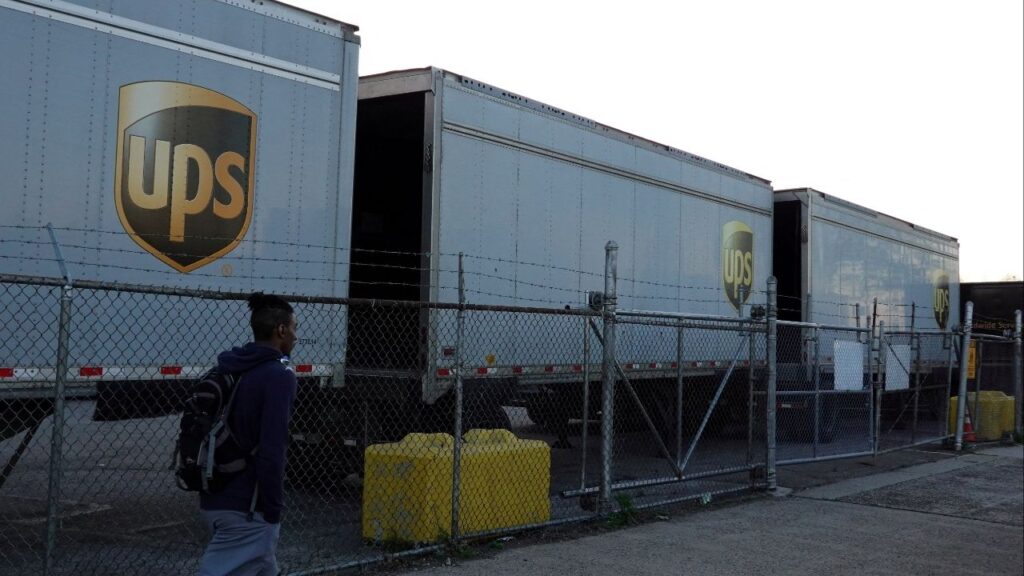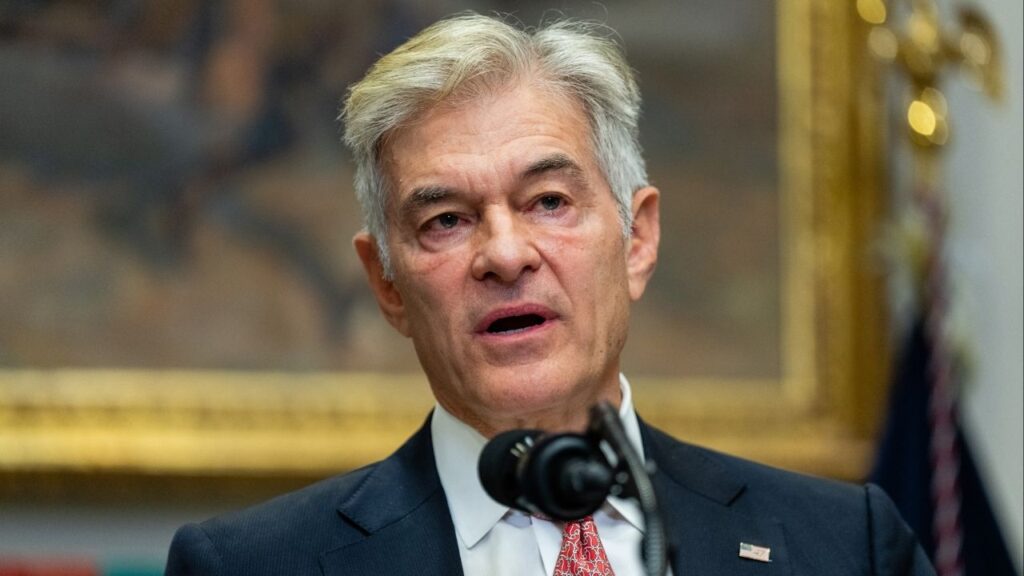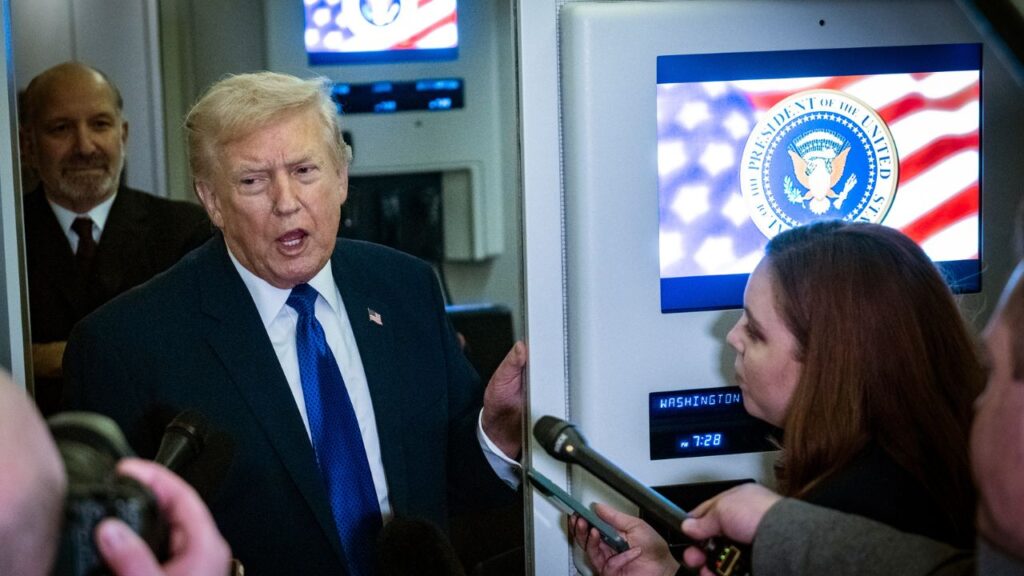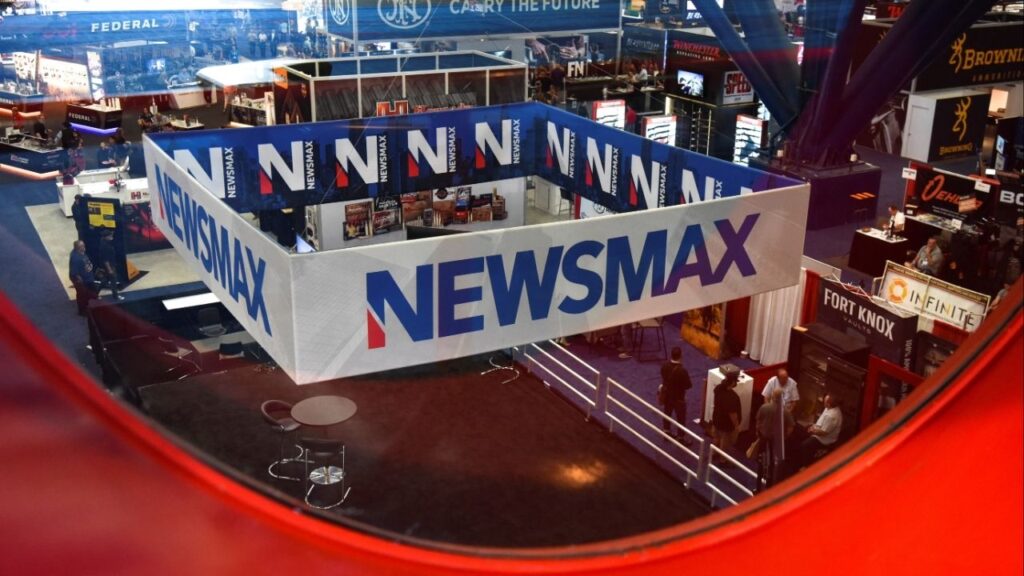Share
WASHINGTON — Negotiations between the White House and Republican senators over President Joe Biden’s $2.3 trillion infrastructure plan are reaching a crucial stage before more talks Friday after the latest offer from GOP lawmakers left some dismay in the administration that there wasn’t more movement from their initial $568 billion proposal.
Republicans did increase their plan and have worked in good faith with the White House, according to a Republican who spoke on condition of anonymity to discuss the private talks.
But the slog of those negotiations is certain to mean new worries from Democrats that time is slipping to strike a compromise. The president’s team had set a soft Memorial Day deadline to determine whether a deal was within reach.
White House press secretary Jen Psaki said “productive conversations” are underway on Capitol Hill.
The White House team, including senior advisor Steve Ricchetti and head of legislative affairs Louisa Terrell, was expected to resume talks with the senators Friday. “We’re looking forward to constructive conversations,” Psaki said.
Biden Reaches Out to Republicans for Bipartisan Support
Securing a vast infrastructure plan is Biden’s top priority as he seeks to make good on his campaign pledge to “build back better” in the aftermath of the coronavirus crisis and the economic churn from a shifting economy. With narrow Democratic majorities in the House and Senate, the president is reaching out to Republicans for support on a potentially bipartisan approach rather than relying simply on his own party to muscle the proposal to passage. But Republicans are refusing Biden’s idea of a corporate tax increase to pay for the package.
Senate Republican leader Mitch McConnell said Thursday on Fox News that higher taxes on corporations or the wealthiest Americans are nonstarters. Republicans are unwilling to undo the 2017 tax cuts, the party’s signature domestic accomplishment under President Donald Trump. They reduced the corporate rate from 35% to 21%. Biden proposes lifting the corporate tax to 28%.
“If they’re willing to settle on target a infrastructure bill without revisiting the 2017 tax bill we’ll work with them,” McConnell told Fox’s Larry Kudlow, a former Trump adviser. But McConnell, R-Ky., said a package topping $2 trillion or more “is not going to have any Republican support.”
The administration and the GOP senators have been in talks ever since Biden met with a core group of Republican negotiators last week over the possibility of working together on a plan. The White House dispatched the transportation and commerce secretaries and top aides to Capitol Hill to meet with the Republicans late Tuesday after the president asked the senators to provide more details on their initial offer.
The lead Republican negotiator, Sen. Shelley Moore Capito of West Virginia, was encouraged by the talks and expected the White House to be back in touch by week’s end, her office said.
But there was “not a significantly changed offer” from the Republicans during their meeting with the administration this week, according to a person who spoke on condition of anonymity to discuss the private negotiations.
Republicans’ Counteroffer Not a Substantial Budge
The White House’s hopes for a bipartisan deal on infrastructure have cooled but they have not abandoned the effort, according to an administration official, who was not authorized to publicly discuss about the private conversations and spoke on condition of anonymity. There was some dismay that the Republican counteroffer did not substantially budge from the party’s original $568 billion proposal, leaving it far short of the White House’s plan, according to the official.
Biden has reveled in the face-to-face negotiations, aides said, and has expressed hope to bring Republicans along. West Wing officials have been hearted by the public comments made by some of the GOP negotiating team, including Capito, the official said.
But the outward talks of progress have not translated into the two sides getting much closer to a deal. Beyond the significant gap in the two sides’ visions for the size of the package, there has been little discussion of how to reach an agreement on how to pay for it.
One GOP senator in the talks suggested tapping unspent funds from the massive COVID-19 aid package to help pay for the infrastructure investment. Other funds could be tapped from uncollected tax revenues or public-private partnerships.
One strategy that had gained momentum would be for Biden to negotiate a more limited, traditional infrastructure bill of roads, highways, bridges and broadband as a bipartisan effort. Then, Democrats could try to muscle through the remainder of Biden’s priorities on climate investments and the so-called human infrastructure of child care, education and hospitals on their own.
But, administration aides believe, if such an “infrastructure only” bipartisan deal is far smaller than Biden’s original proposal, the White House risks a rebellion from Democrats who could claim that the president made a bad deal and missed the moment to pass a sweeping, transformational package.
RELATED TOPICS:
Categories



















